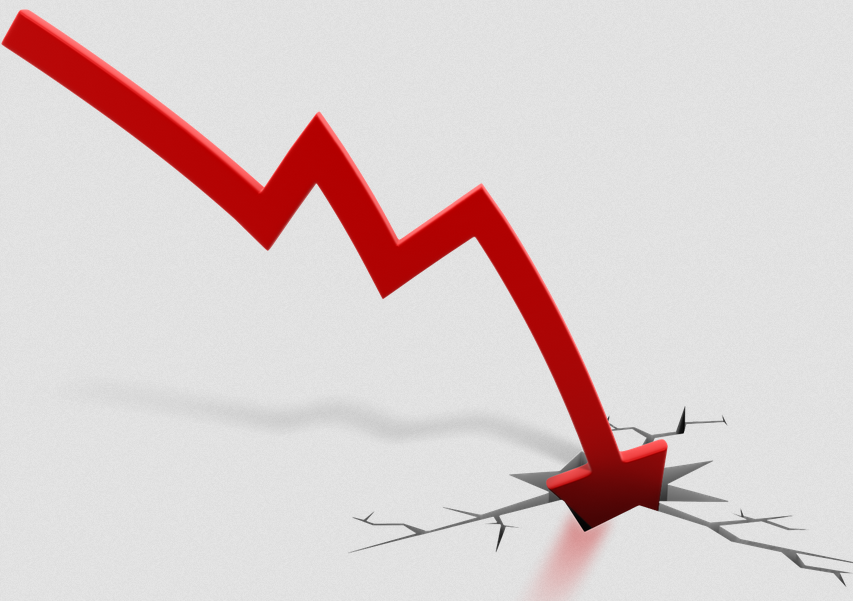Is This the Social Media Tipping Point?

Mark Zuckerberg Quietly (Sold) His Facebook Stock back in March and as Recode reported in February, Mark Zuckerberg will likely sell billions of dollars of Facebook stock this year. He’s not alone. On Friday, Satya Nadella unload(ed) 30% of his Microsoft common stock in his biggest sale as CEO.
The Age of Social has reached a tipping point, and it’s taking all of tech with it.
Some can see the writing on the wall and are cutting their losses.
People have realized that free is never free – if you hit the Nadella link, there’s an embedded video (the cost of data privacy) where he brings up the user/consumer awareness that they’re giving something up in exchange for their data, and this on the heels of the tech cabal’s sweeping censorship of Alex Jones last week. Although it seems to have backfired somewhat.
Data collection/privacy concerns aside, the tech cabal has jumped the shark, and manipulation will be tolerated for just so long – and to just so far an extent. While Facebook, Google et al behaved as platforms, people were aware that their data was being scraped in exchange for a free service, even as at least Facebook purported to be connecting people. All well and good, and social contract understood, but once the company stepped into the realm of arbitrarily deciding – and in tandem with Apple and Google – what expression would and would not be permitted, the contract was broken. Whatever trust was there was gone.
What to speak of the socials’ blatant manipulation (Tech companies use “persuasive design” to get us hooked. Psychologists say it’s unethical.)
The Great Unraveling
In his new book, ‘Life After Google,’ futurist and entrepreneur George Gilder warns of the ‘Great Unraveling:’ “The problem with the internet is that it was born without much of an immune system.,” says The Federalist (Big Tech Is Sowing The Seeds Of Its Own Destruction), “According to Gilder, this is because the information revolution has been going through a difficult adolescent stage embodied in Google and the other net giants. Like many smart teenagers, Google thinks it knows everything (or, to be kind, its engineers aspire for their system to know everything, and think they are getting mighty close). It may seem at times that it does.
“That is not only an illusion, says Gilder, it is an illusion that companies such as Google, Facebook, and Amazon (to an extent) have bought into to the point of no return. It is already proving to be their undoing. The process has begun and is accelerating…And it’s all coming down, sooner rather than later, because the nature of the internet and the information economy is about to undergo a transformative change.”
Of course, that’s what you get for putting adolescents in charge.
The internet was originally rebel territory – a fertile ground for disruption and decentralization, where new opportunities could be created in a world of staid, clearly established fiefdoms. It was a clean slate – until it became a series of walled gardens and newly established fiefdoms. People gave their most personal data freely although maybe something less than openly (on the part of the tech uberlords). Trust but verified has always been one of the most basic of human instincts. With this latest misstep, we may have trusted, but the trust is now gone. That has been verified. Time for a change, and trust but verified is the very foundation of the blockchain. Things move quickly in tech and no one stays on top forever. May be that the sell off is sign that the bottom is about to fall out. Onward and forward.